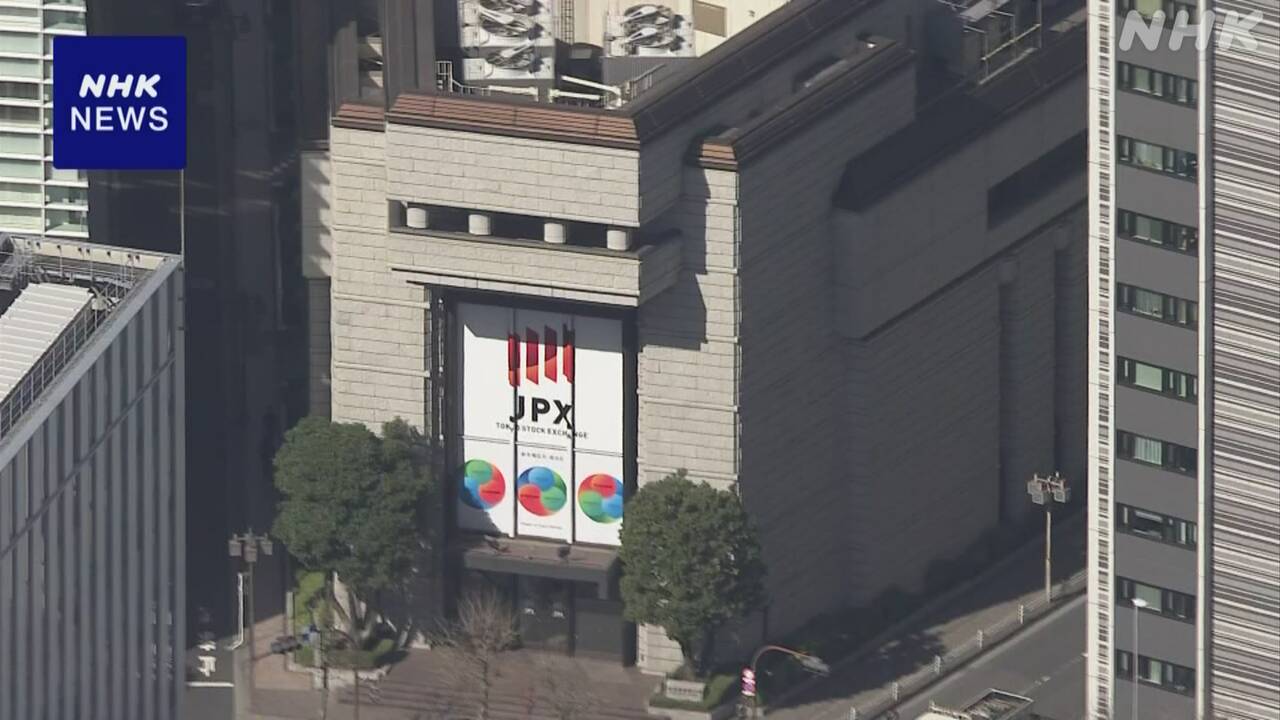On the 16th, the Nikkei Stock Average rose to a level approaching the all-time high reached during the bubble period, and foreign investors are driving the recent rise in stock prices. It turns out that the amount these foreign investors bought in Japanese stocks exceeded the amount they sold for six consecutive weeks until last week.
According to a summary of the Tokyo Stock Exchange, foreign investors at the Tokyo and Nagoya stock exchanges traded at the 37,000 yen level during the week of February 5th to 9th, the highest since the bubble period. The amount of shares purchased exceeded the amount of shares sold by 366.3 billion yen.
Net buying has continued for six consecutive weeks this year, indicating that active buying orders from overseas investors are driving the rise in stock prices since the beginning of the year.
In addition, domestic individual investors' purchases of stocks exceeded the amount they sold by 227.7 billion yen, making them net buyers for the third consecutive week.
On the 16th, the Nikkei Stock Average reached an all-time high of 38,957 yen during trading hours, set in December 1989 during the bubble period, and at one point was approaching 92 yen, an increase of more than 5,000 yen from the level at the end of last year. .
A market source said, ``Overseas investors are increasing their buying stance on Japanese stocks due to strong corporate performance in Japan and expectations for governance reforms requested by the Tokyo Stock Exchange.In addition, foreign investors are increasing their buying stance on Japanese stocks as stock prices rise. "Individual investors, who tended to prioritize sell orders that would cause the stock market to decline, are now becoming more aggressive, which is pushing up stock prices."

